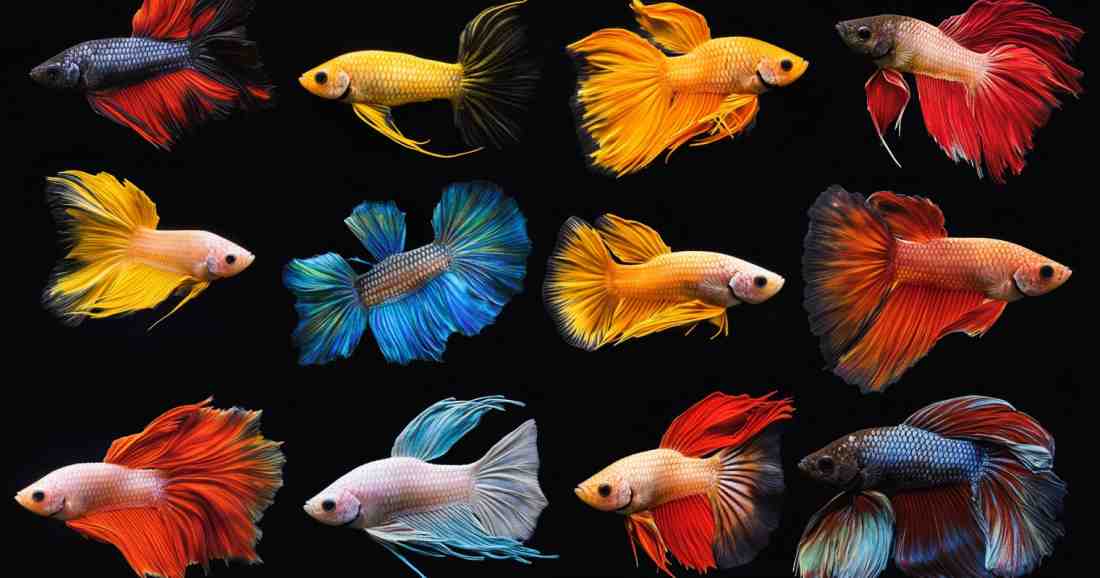
What Defines the Right Pet Fish for You?
Choosing the right pet fish depends on factors like tank size, maintenance commitment, and aesthetic preference. Some fish, like goldfish, are hardy and beginner-friendly, while others, like discus, require more advanced care. Moreover, fish behavior varies—some enjoy schooling, while others prefer solitude. The What Pet Fish Should I Get Quiz evaluates your lifestyle, experience, and aquarium goals to find your perfect match.
Exploring Popular Pet Fish Options
Different fish species reflect unique personality types and care needs:
- Betta Fish: Colorful, independent, and low-maintenance. Ideal for small tanks and beginner fish keepers.
- Guppies: Energetic, social, and beginner-friendly. Perfect for community tanks with peaceful fish.
- Goldfish: Hardy, peaceful, and long-lived. Best suited for larger tanks with proper filtration.
- Angelfish: Graceful, elegant, and semi-aggressive. Best for experienced keepers with spacious tanks.
- Neon Tetra: Small, vibrant, and social. Thrive in groups and peaceful community tanks.
- Mollies: Adaptable, peaceful, and easy to breed. Ideal for beginners with mid-sized tanks.
- Corydoras Catfish: Gentle, bottom-dwelling cleaners. Perfect for community tanks and low-stress environments.
- Discus Fish: Stunning, sensitive, and social. Best for experienced aquarists with well-maintained tanks.
- Oscars: Intelligent, interactive, and aggressive. Require large tanks and experienced care.
- Plecostomus: Peaceful algae eaters. Ideal for keeping tanks clean while coexisting with other fish.
This quiz helps identify which fish species aligns with your lifestyle, tank setup, and care preferences.
How Lifestyle Influences Fish Choice
Your daily routine, aquarium space, and experience level play a crucial role in choosing the right fish. Are you a beginner seeking an easy-to-care-for fish, like a betta or guppy? Or do you enjoy advanced fishkeeping, preferring species like discus or oscars? Moreover, tank size matters—small tanks suit bettas, while larger aquariums support community fish like tetras and mollies. This quiz evaluates these factors to recommend the ideal pet fish for you.
Tank Size and Care Requirements
Fish vary significantly in their space and care needs:
- Small tanks (5-10 gallons): Ideal for bettas, guppies, and shrimp.
- Medium tanks (10-30 gallons): Suitable for neon tetras, mollies, and corydoras catfish.
- Large tanks (30+ gallons): Best for goldfish, angelfish, and discus.
- Extra-large tanks (55+ gallons): Required for oscars, plecos, and larger community setups.
This quiz assesses your tank size, maintenance capacity, and experience to suggest the best pet fish.
Fun Facts About Popular Pet Fish
Did you know bettas can recognize their owners and respond to feeding routines? Moreover, goldfish have a memory span of several months, debunking the myth of a three-second memory. Interestingly, guppies are livebearers, giving birth to free-swimming fry rather than laying eggs. This quiz uncovers more fascinating facts while guiding your perfect fish choice.
Practical Tips for Fish Ownership
Choosing the right pet fish involves more than aesthetics—it’s about creating a healthy environment for your aquatic friend:
- Choose the right tank size: Avoid overcrowding, and provide enough swimming space.
- Ensure proper filtration: Clean water is crucial for fish health and longevity.
- Maintain stable water conditions: Monitor pH, temperature, and ammonia levels.
- Select compatible tank mates: Ensure peaceful coexistence among species.
- Provide enrichment: Add plants, hiding spots, and decor for a stimulating environment.
This quiz not only recommends the best pet fish but also offers practical tips for responsible fishkeeping.
Take the What Pet Fish Should I Get Quiz Now
Curious to find your perfect pet fish? The What Pet Fish Should I Get Quiz offers an engaging way to match your lifestyle, experience, and aquarium setup with the ideal species. Moreover, it provides practical insights into tank care, feeding, and creating a healthy aquatic environment. Ultimately, this quiz empowers you to make an informed decision, ensuring both you and your fish enjoy a thriving, stress-free life together. Take the quiz now and discover which pet fish is the perfect fit for you!
